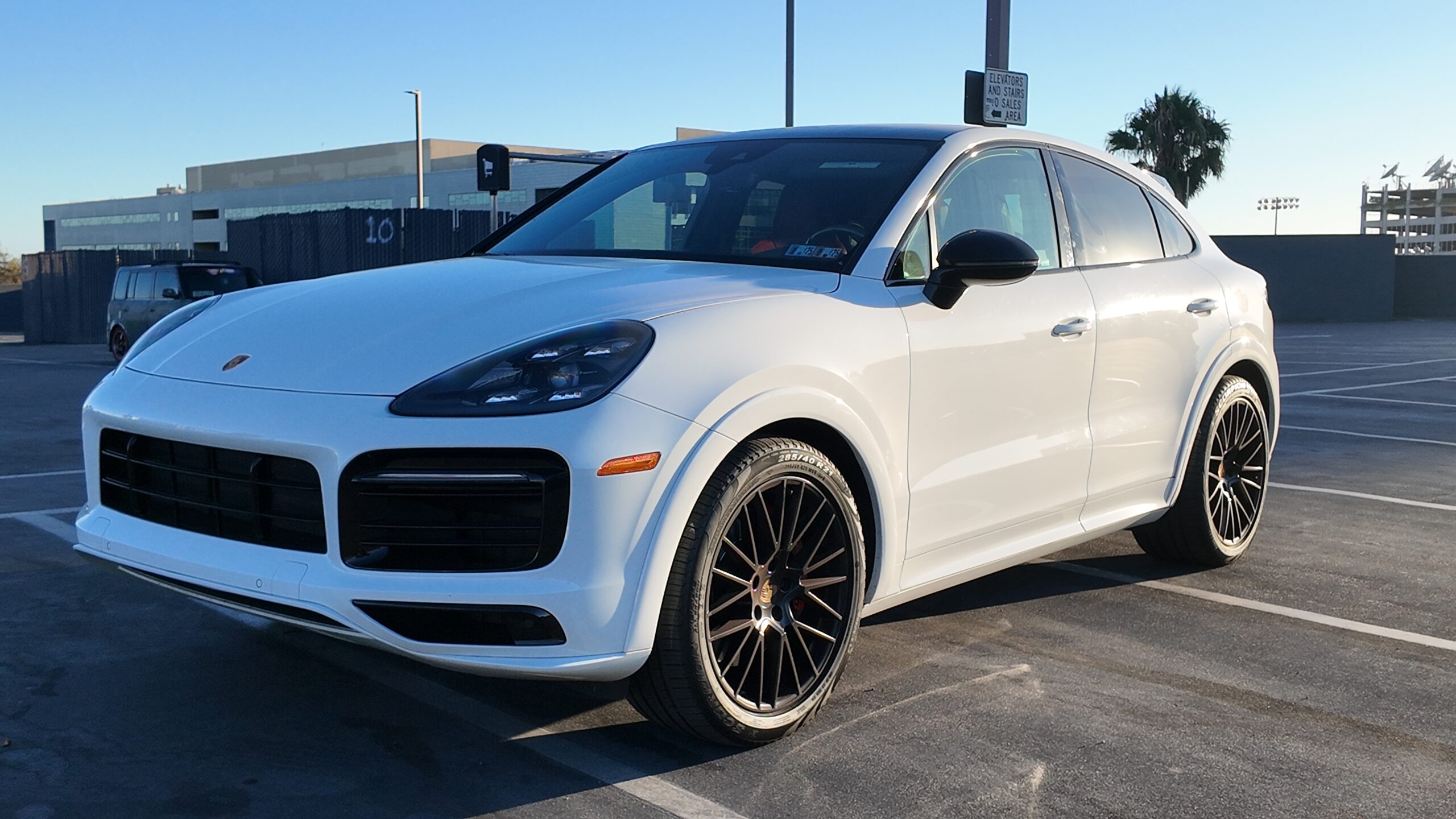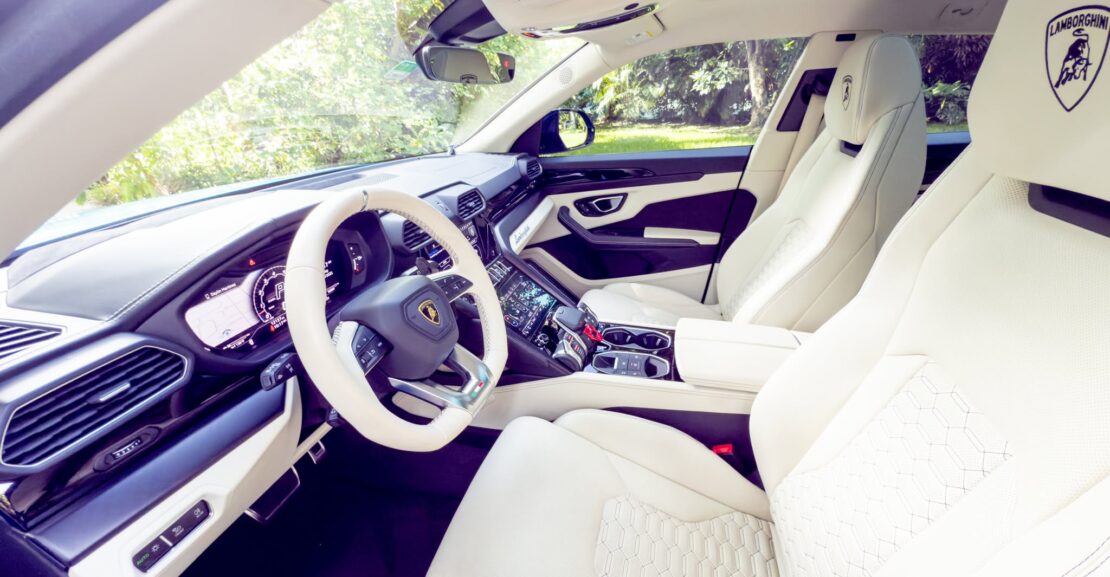
What if I told you that the lifespan of a car can vary widely? You might think that once you drive a car off the lot, it will last for a few years, but how long can you truly expect your vehicle to last? The answer depends on several factors, including the make and model of the car, maintenance practices, driving habits, and more. Let’s take a closer look at what determines how long a car can last and what you can do to extend that life.
Understanding Vehicle Lifespan
The lifespan of a vehicle is measured in miles rather than years. The average car typically lasts between 150,000 and 200,000 miles. However, some cars can exceed this range significantly with proper care. Factors like the car’s brand, model, and how well you maintain it influence these numbers.
Factors That Influence Lifespan
-
Make and Model: Different manufacturers produce vehicles that have varying levels of durability. Brands like Toyota, Honda, and Subaru are known for their longevity, while others may not last as long.
-
Maintenance: Regular maintenance is crucial. This includes oil changes, brake checks, and tire rotations. Skipping maintenance can lead to larger issues that shorten your car’s life.
-
Driving Habits: How you drive can significantly affect your car’s lifespan. Gentle driving, avoiding rapid acceleration, and minimizing hard braking can help your car last longer.
-
Environmental Factors: Cars exposed to harsh weather conditions or that are frequently driven in urban areas may face more wear and tear compared to those in milder, rural environments.
-
Quality of Fuel: Using high-quality fuel can improve engine performance. Cheap fuel may cause build-up in the engine over time, leading to problems.
Signs That Your Car Is Aging
Keeping an eye on specific signs can help you determine if your car is reaching the end of its life. Regular inspections can catch issues before they become serious problems.
- Unusual Sounds: Any odd noises, like grinding or knocking, may indicate that something is wrong.
- Warning Lights: If your dashboard warning lights come on, it’s time to get a diagnostic check.
- Frequent Breakdowns: If you find yourself in the shop often, it may indicate that your car is aging.
Preventive Measures to Extend Vehicle Lifespan
Taking proper care of your vehicle can extend its lifespan significantly. Here are some actionable tips:
Regular Maintenance Routine
Establish a routine for maintenance checks. Schedule oil changes every 5,000 to 7,500 miles. Regularly replace air filters and check fluids like coolant and brake fluid.
Tire Care
Your tires play a significant role in your car’s performance and safety. Ensure that you rotate them regularly and keep them properly inflated. This not only prolongs their life but also helps with fuel efficiency.
Driving Style
Adopt gentle driving habits. When possible, avoid rapid acceleration and hard stops. Smooth driving reduces strain on your vehicle’s engine and extends the life of various components.
Keep It Clean
Regular washing and waxing protect the paint and undercarriage from rust and corrosion, especially during winter months when salt is used on roads.
Realistic Lifespan Expectations by Car Type
Different types of vehicles have different longevity expectations. Here’s a quick breakdown of what you can generally expect:
| Vehicle Type | Average Lifespan (in miles) |
|---|---|
| Compact Cars | 150,000 – 200,000 |
| Sedans | 200,000 – 250,000 |
| SUVs | 150,000 – 200,000 |
| Trucks | 200,000 – 300,000 |
| Luxury Cars | 100,000 – 200,000 |
Compact Cars
Compact cars typically have a good reputation for longevity. Maintenance and driving habits play a large role in reaching the high end of their lifespan. With consistent care, many can exceed 200,000 miles.
Sedans
Sedans have a lengthy lifespan, often exceeding 200,000 miles. Brands like Toyota and Honda lead the pack. Choosing a trustworthy model and maintaining it can get you long-term rewards.
SUVs
SUVs, like many trucks, can last a long time, with 150,000 to 200,000 miles being common. Their sturdy design contributes to their durability, making them a popular choice for families.
Trucks
Trucks are the heavyweights of longevity. Many commercial trucks easily reach 300,000 miles with the right maintenance and care, ideal for those who rely on them for work.
Luxury Cars
While luxury cars may not last as long in terms of mileage, many come with premium services that help maintain their value. Expect to get around 100,000 to 200,000 miles out of them with regular upkeep.
The Role of Technology in Longevity
Advancements in automotive technology have significantly improved durability. Modern cars come with features that enhance performance and safety while supporting longevity.
Engine Technology
Today’s engines are designed to be more efficient and last longer. Innovations such as direct fuel injection and variable valve timing have improved performance while reducing wear.
Safety Features
Many new cars come equipped with advanced safety features that reduce damage during accidents. These improvements can help maintain your car’s condition and value.
Smart Systems
Cars with smart systems can alert you to maintenance issues before they become major problems. Keep an eye on alerts for battery health, engine temperature, and oil life to stay proactive.
How Driving Conditions Affect Lifespan
Where you drive your car can have a huge impact on how long it lasts. Busy city driving and long country drives pose different challenges.
Urban Driving
City driving usually means more stops and starts, leading to higher wear on brake pads and engines. Traffic can lead to more incidents and exposure to pollutants, which can affect your car long-term.
Highway Driving
Highway driving is generally easier on a car. Steady speeds with less stopping can lead to lower wear on parts. Taking long trips can actually help improve engine function if done properly.
Myths About Car Lifespans
There are plenty of myths out there about how long cars last. Understanding what’s true can help you make better decisions.
“All Cars Last the Same Amount of Time”
This is not accurate. Different makes and models have different life expectancies, thanks to build quality and maintenance practices.
“Mileage is Everything”
While mileage is essential, age is also a factor. A car that has been poorly maintained can break down significantly sooner, regardless of mileage.
“Expensive Repairs Aren’t Worth It”
Sometimes, investing in repairs can help you avoid the cost of buying a new car. If your car has a solid history and can last a few more years, it may be worth fixing.
Common Maintenance Missteps
Avoid these common mistakes to help your car stay healthy:
Ignoring Service Guidelines
Every car comes with a service manual detailing maintenance schedules. Ignoring these can lead to unnecessary wear on various parts.
Skipping Seasonal Check-Ups
Make it a habit to check your vehicle before winter and summer. This can ensure it performs well in extreme conditions.
Procrastination on Repairs
If you notice a problem, don’t delay. Taking immediate action can save you money and trouble in the long run.
When to Consider a New Car
There comes a time when considering a new car makes sense. When should you make that choice?
Increased Repair Costs
If your repair costs are consistently high, it might be time to invest in a new vehicle rather than pouring money into an older one.
Safety Concerns
Older cars might lack modern safety features. If you feel unsafe or exposed to hazards, it may be time to upgrade for your peace of mind.
Reliability Issues
If your car cannot be relied upon for daily use due to frequent breakdowns, it can disrupt your life. A new car might provide the reliability you need.
Bringing It All Together
Understanding how long your car can last involves various factors. From maintenance to driving habits, there are steps you can take to increase the lifespan of your vehicle. Remember that while some cars have the potential to last many years, others may leave you stranded if not taken care of correctly.
If you have more specific questions regarding exotic cars and their lifespans, Xclusive Automotive Group is your go-to resource. They are open Monday through Friday from 10:00 AM to 7:00 PM, and Saturday from 10:00 AM to 6:00 PM. They are closed on Sundays but are always happy to help you with any questions you may have.
Address:
Xclusive Automotive Group
14505 Hayden Rd Suite 100
Scottsdale, AZ 85260
Phone: (480) 997-0561
Map: Click here
Website: Xclusive Automotive Group
By taking proper care of your vehicle and being conscious of how you drive, you can maximize the lifespan of your car and enjoy your journeys for many years to come.


